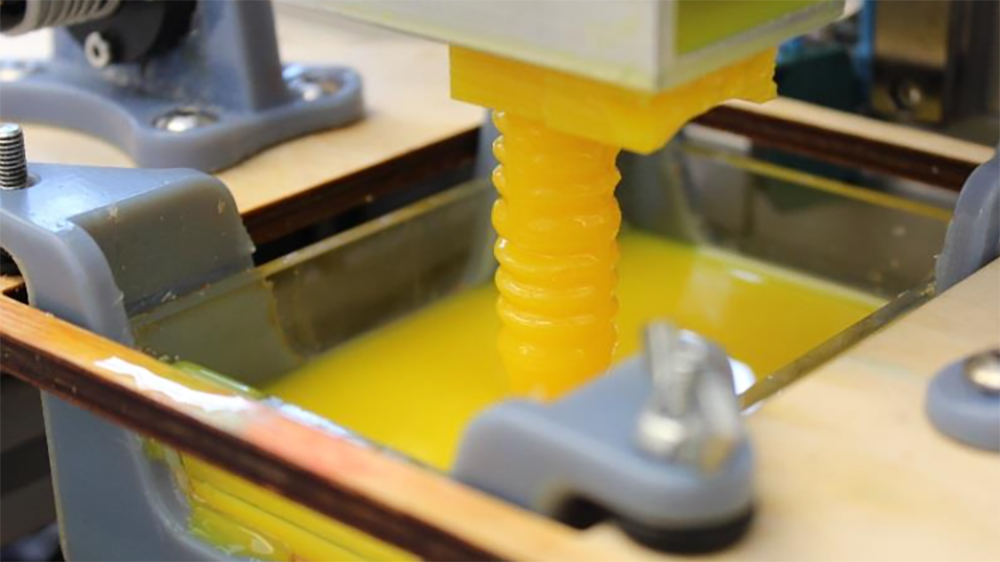This 3D-printed robot tentacle is inspired by octopus muscles
The most agile robot tentacle thing ever created

Regular robots are great, but then tend to be a bit rigid. Unlike many biological organisms, they find it hard to squeeze through small gaps - a useful trick in a survival situation.
That's changing with the development of a new field called 'soft robotics'. A soft robot has many rubbery, flexible components, allowing it to move in tight spaces and change shape easily - properties that could be handy in surgery or in search and rescue applications.
The difficulty comes in making soft robots agile - they tend to be less precise than their rigid cousins. But now engineers at Cornell University have developed a soft robotic tentacle that they claim is the most agile ever. Here it is in action (skip to 29s to see it waggling):
Sophisticated Biomimetic Systems
By copying the arrangement of muscles in an octopus tentacle, researchers led by Bryan Peele and Rob Shepherd managed to 3D-print a robot with the ability to operate in a full 180 degrees of motion and reaction speeds as fast as living muscle.
"Based on the demonstration reported here and the possibilities for improved materials, this nascent printing process for soft actuators is a promising route to sophisticated, biomimetic systems," said Shepherd.
Want to make your own? The team published the details of their creation in the journal Bioinspiration and Biomimetics.
Get daily insight, inspiration and deals in your inbox
Sign up for breaking news, reviews, opinion, top tech deals, and more.
